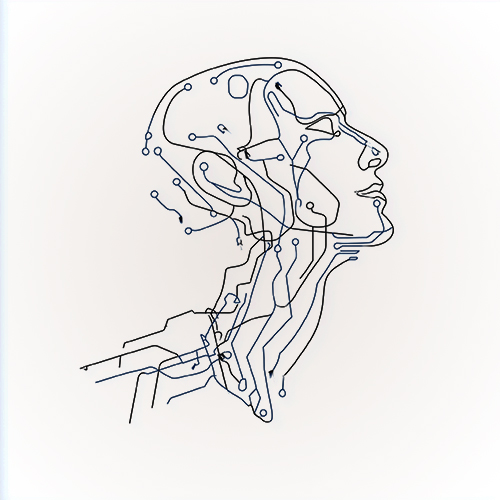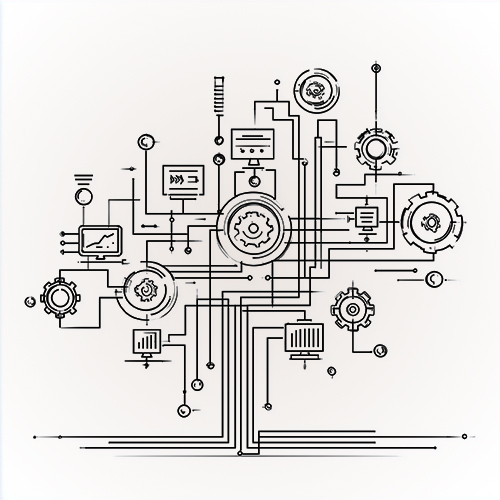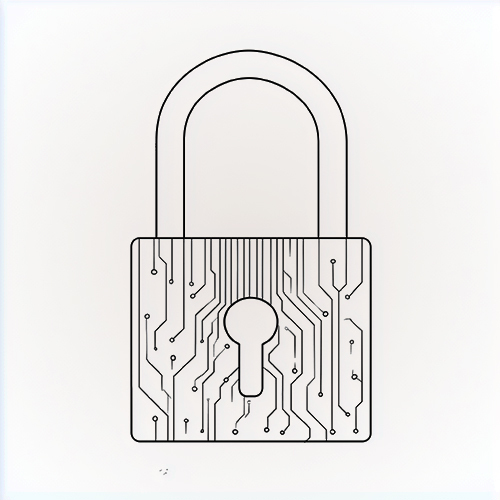The fastest win the digitalisation race
Maritim embraced digitalisation early on and now has advanced web-based service processes in place. Customers are directed to place orders and request offers online. Thanks to this, the whole organisation has immediate access to this information and can act fast.
“If you’re one of the first to venture into the new world, you’ll thrive. Although we’re an old company, we have a youthful organisation that understands the importance of digitalisation,” says Kim Tigerstedt.
Maritim has focused on service flexibility and smooth deliveries by developing its delivery process, information flow and order channels, for example. The company has modernised its warehouse management so that orders are directed to the warehouse, where automated pickers integrated into the system pick the products.
“Previously, customers placed their orders by phone or fax. During peak season, it could take as long as a week to deliver an order. Nowadays, you can check the inventory status on the webshop in real time and get the product the next day,” says Tigerstedt.
“Customers demand speed, easiness and reliability in deliveries, and we do our utmost to satisfy them. Before digitalisation, our service performance was 73%, and now it’s 98%, which is really good.”




